The use of online education technologies is one of the most effective ways to achieve the universal goal of quality education throughout life for the sustainable development of UNESCO. During the writing of the article, the features that have appread in the field of application of online exam technologies will be described. The existing forms, methods and tools for conducting the exam in an online format, their potential and risks are analyzed. Attention is drawn to the fact that the methods and tools used for conducting online control have disadvantages, such as significant costs in organizing proctoring and difficulties in assessing one of the student’s key competencies, namely, readiness to use systematized theoretical and practical knowledge to formulate and solve research problems.
This research introduces an innovative proctoring system that harnesses deep learning techniques, specifically the Yolo algorithm. The primary objective of this system is to accurately detect the eyes of the exam-taker by utilizing a standard web camera as the sole input source. The obtained results from the deep learning model are subsequently subjected to processing through the Cascaded Haar Classifier to yield a definitive outcome. The proposed approach demonstrates considerable proficiency in discriminating between authentic exam-takers and static images, achieving a notable level of accuracy. Leveraging the capabilities of deep learning in conjunction with the cascaded classifier enables real-time eye detection and localization within images or video frames, thereby establishing the proctoring system as a reliable and effective solution for ensuring academic integrity during online examinations.
Key words: Distance learning technologies, online examination, eye tracking, YOLO, Darknet Framework, Cascaded Haar Classifier, Proctoring system.

